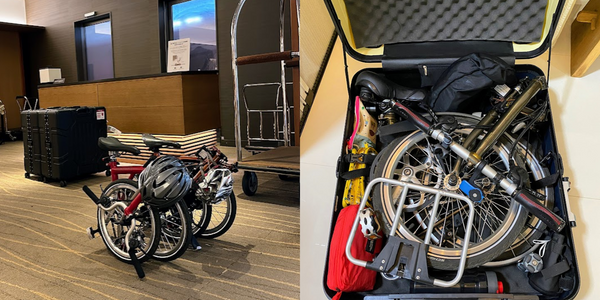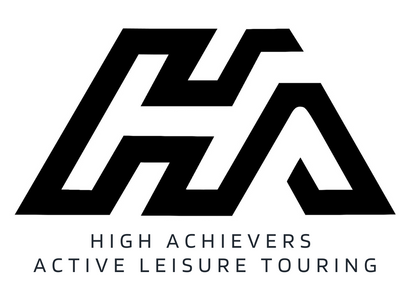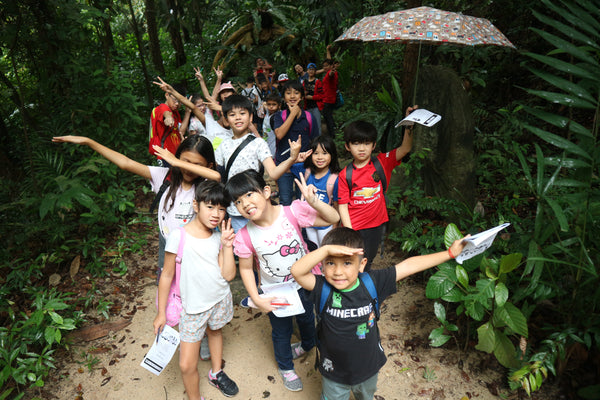
Project Customisation - Why it is Extremely Important for your Programme’s Success
Before we start planning any programme, we will schedule a customisation meeting whether in person or via video conference with our clients to review the flow of the programme, gain a better appreciation of your participants’ profile and address any questions that the school or parents might have leading up to the event.
Through years of experience in running camps and outdoor training events, we have learned that each group is unique and it is best to share and discuss the requirements, objectives and outcomes of the programme so that all stakeholders in the event are on the same page.
The following is a series of topics which we will raise to help clear uncertainties and contribute towards a smooth and enjoyable event. Often, some thought and even internal discussions might be required within your organization. So addressing this early is recommended.
Profile of participants
We need to understand our target audience so that we can tailor appropriate programmes for them. These are some of the questions that are important:
The total number of participants and the institutions they are from
The total number of participants will give us an indication of how many instructors are required for the programme. We also need to understand if the participants come from one institution or multiple institutions (in the case of combined camps by different branches of the same school)
How the clients want the participants grouped
This is necessary as some programmes involve participants from different branches. We need to know if the clients are comfortable with participants mingling with those from a different branch or would rather keep the groupings exclusive.
The sleeping arrangements in our High Achievers Adventure Academy
Some clients prefer the participants to be split by gender while some prefer by branches. The configuration is to ensure that teachers can easily reach out to the children at night and vice versa.
General behaviours
Getting to know the different behaviours of children and maybe those that stand out will allow our instructors to anticipate any issues that may arise.
Special notes
At this juncture, teachers can point out any extra requests they might have, such as highlighting allergies and special dietary requirements. Teachers can also request that certain programmes, like naptime, be incorporated into our programme flow.
Roles and responsibility of teachers

Photo by You X Ventures on Unsplash
Next, we need to clarify the roles of both teachers and facilitators to ensure smooth communication and operation during the programme. We will require information such as:
Role of teachers vs Facilitators

We will discuss how we want to differentiate the roles for both parties. For example, some clients will prefer their teachers to step in only when there are difficult kids. At the same time, the facilitators will take full control of leading the group. Some clients prefer the teachers to be involved together with the facilitators in leading. Hence, it is essential to discuss the roles and expectations of the two parties.
Who is the key decision-maker(s) and which teacher is in charge of which aspect of the programme
This is important to ensure there is a clear chain of communication. Some programmes involve principals and teachers from different branches. As trainers, we need to know who is involved in which area for us to better reach out to the correct party, preventing any miscommunication. Furthermore, if there is an emergency during the programme, the chain of communication can remain clear.
Number of teachers staying over
We need to know how many teachers will be staying over so that we can configure their sleeping arrangement and ensure that the headcount is accurate, especially during emergencies.
Any additional teachers/principals/parents coming to visit?
This information is vital in maintaining the security of the facility and control the number of people at any given time.
Programme Flow

Photo by Glenn Carstens-Peters on Unsplash
We will usually prepare the first draft or prepare ideas to share on the activities we want to conduct to fit the objectives of the camp. We take this time to understand the clients’ goals and some concerns they have over certain activities. We will also take note of the profile of students mentioned in the first point to ensure that the flow is smooth and well planned. The programme flow will continually be improved until we get the perfect one.
Administration and Any Other Business

During this portion, teachers go through meal selections and also the diet of any participants that have allergies. Teachers will then confirm the number of pax, time of arrival and also the dismissal of the camp. Other documents such as packing list, programme booklet and RAMs will be sent to teacher-in-charge for reference. Parents, students and teachers can attend a pre-camp briefing to understand the objectives and learning outcomes of the camp.
Follow up after customisation

Photo by Van Tay Media on Unsplash
We will then finalise all the documents and prepare for the camp. While we conduct post-programme debrief and evaluation, your valuable feedback is essential to us at every step of the way.

Do not hesitate to let us know if you have any feedback or requests so that we can work together to make your programme a successful one.
Clear and effective communication between all parties is an important step that needs to be taken so that we can help align facilities, manpower, logistics and programmes to meet your objectives.
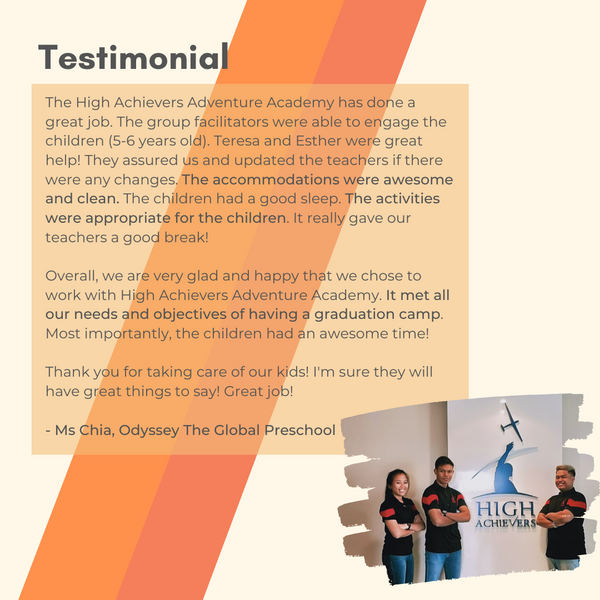
Leave a comment
Comments will be approved before showing up.
Also in News & Updates
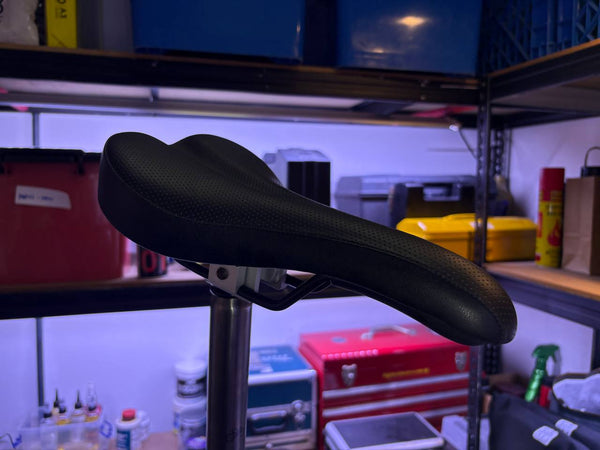
Grip and saddle fit for touring
A quick guide on how to choose thr right saddle and grip for touring on your Brompton.
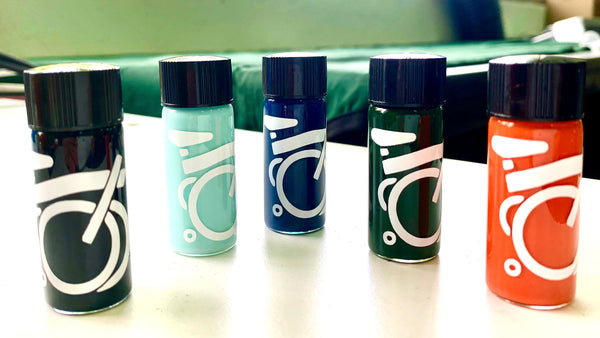
Brompton Paint Touch Up - How to handle scratches on your Brompton
Brompton - How to manage scratches on your Brompton bicycle and the touch up paint process.
